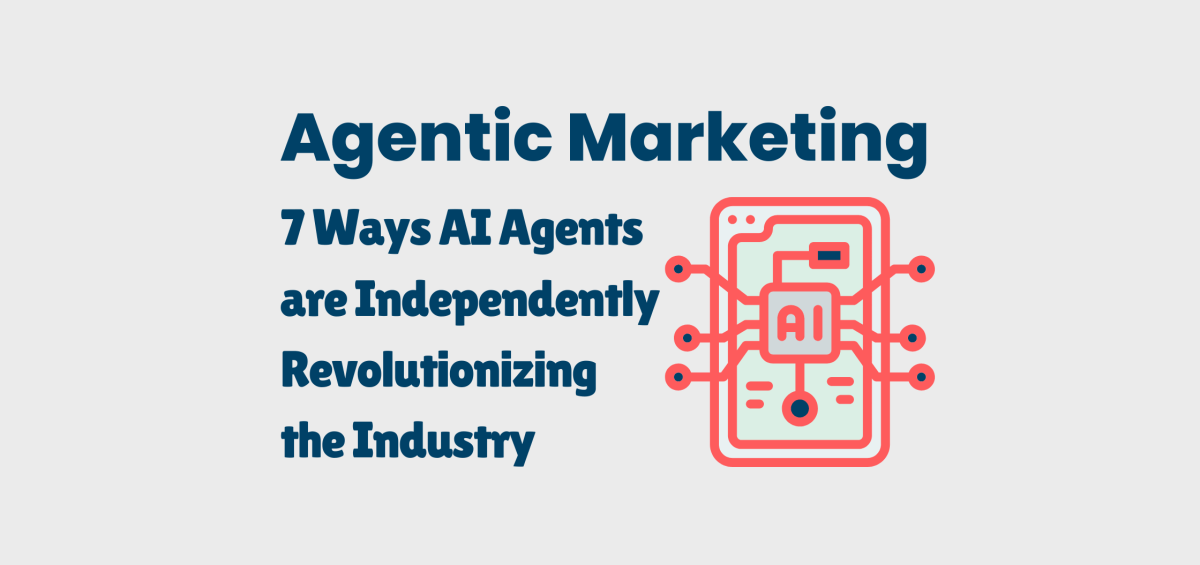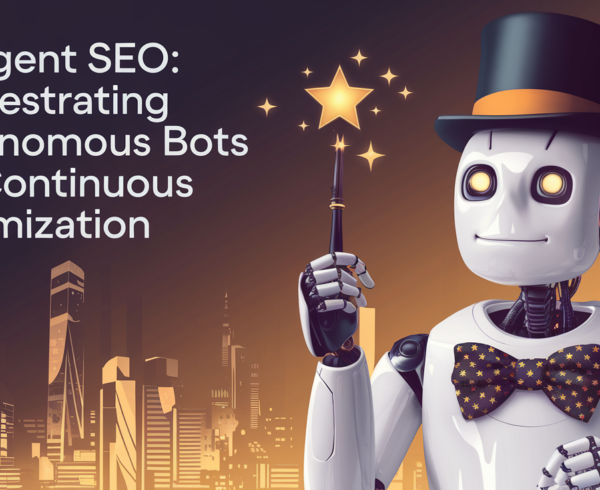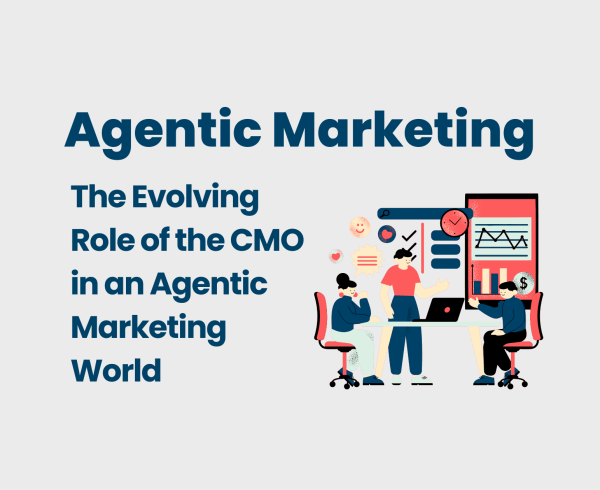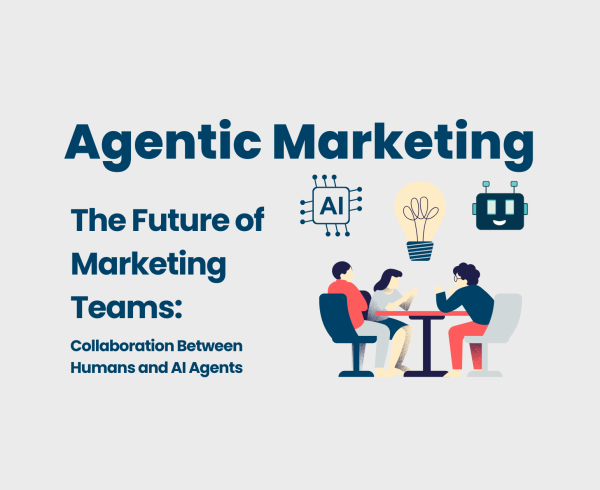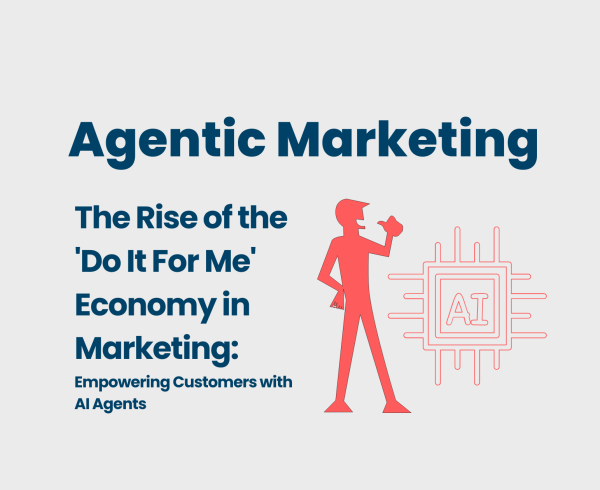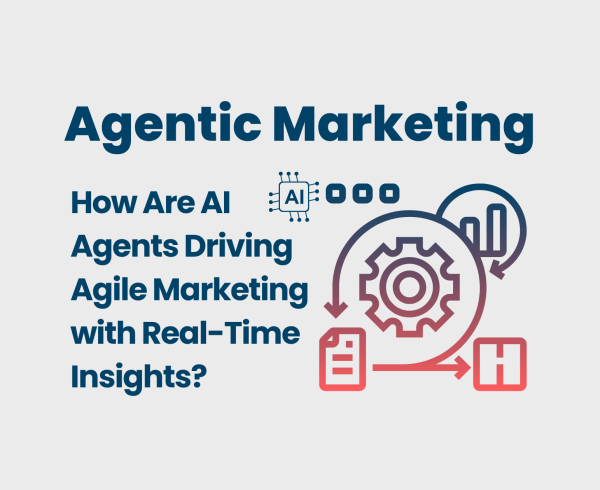The marketing landscape is undergoing a profound transformation, shifting from traditional, human-centric approaches to a future powered by autonomous AI agents. These intelligent systems are no longer just tools to assist marketers; they are becoming independent actors capable of strategizing, executing, and optimizing marketing campaigns with minimal human oversight. This revolution in autonomous marketing promises unprecedented levels of efficiency, personalization, and innovation. Here are seven unique ways AI agents are independently reshaping the industry:
1. Self-Optimizing Campaigns: Beyond Manual Tweaks to Perpetual Improvement
Traditional marketing campaign management often involves a significant amount of manual intervention. Marketers spend countless hours analyzing performance data, identifying areas for improvement, and making necessary adjustments to ad creatives, bidding strategies, and audience targeting. AI agents are changing this paradigm by introducing the concept of self-optimizing campaigns.
These autonomous entities can continuously monitor campaign performance across diverse channels – social media platforms, search engines, email marketing systems, and more – in real-time. Leveraging sophisticated machine learning algorithms, they can identify patterns, predict outcomes, and autonomously implement changes to maximize key performance indicators (KPIs) such as click-through rates, conversion rates, and return on investment (ROI).
For instance: An AI agent managing a social media advertising campaign might notice that a particular ad creative is performing exceptionally well with a specific demographic during certain hours of the day. Without any human prompting, the agent can automatically increase the budget allocation for that ad, extend its run time, and refine the targeting parameters to reach a wider audience within that high-performing segment.
This continuous, autonomous optimization ensures that campaigns are perpetually fine-tuned for peak performance, learning and adapting at a speed and scale that is simply impossible for human marketers to achieve manually. This not only leads to better results but also frees up marketers to focus on more strategic initiatives.
2. Predictive Customer Journey Orchestration: Anticipating Needs and Delivering Hyper-Relevant Experiences
Understanding and effectively navigating the customer journey has always been a critical aspect of successful marketing. However, traditional approaches often rely on generalized journey maps and reactive interventions. AI agents are taking customer journey orchestration to a whole new level by leveraging predictive analytics and autonomous action.
By analyzing vast amounts of historical and real-time customer data – including website interactions, purchase history, email engagement, social media activity, and even contextual information like location and time of day – AI agents can independently map and predict individual customer journeys with remarkable accuracy. This granular understanding allows them to anticipate customer needs and proactively deliver hyper-relevant experiences at each stage of the journey.
For example: An AI agent might identify a customer who has been Browse product pages for hiking gear and has recently watched several videos about hiking trails. Based on this predictive analysis, the agent can autonomously trigger a personalized email with recommendations for specific hiking boots and related accessories, along with a curated list of nearby hiking trails. This proactive and personalized approach ensures that customers receive the right information at the right time, significantly increasing the likelihood of conversion and fostering stronger customer relationships.
3. Dynamic Content Personalization: Crafting Unique Experiences for Every Individual in Real-Time
In today’s digital landscape, consumers are bombarded with a constant stream of content. To cut through the noise, marketers need to deliver content that is not only relevant but also deeply personalized. AI agents are revolutionizing content personalization by enabling dynamic adaptation in real-time.
Unlike traditional personalization methods that rely on pre-defined rules or basic segmentation, AI agents can analyze individual user profiles, their current behavior on a website or app, their past interactions with the brand, and even their expressed preferences to autonomously tailor the content they see.
For instance: An AI agent managing a news website might dynamically adjust the articles displayed on the homepage based on a user’s reading history and expressed interests. Similarly, an AI agent managing an e-commerce platform could alter product recommendations, banner advertisements, and even the layout of product pages based on a visitor’s Browse behavior and purchase intent. This level of dynamic content personalization ensures that every customer interaction feels uniquely tailored and engaging, leading to increased time spent on site, higher content consumption, and improved conversion rates.
4. Autonomous Lead Nurturing: Guiding Prospects to Conversion on Autopilot
Nurturing leads through the marketing funnel is a crucial but often time-consuming process. It requires consistent engagement, the delivery of relevant information, and timely follow-ups. AI agents are now capable of autonomously managing the entire lead nurturing process, freeing up sales and marketing teams to focus on more complex interactions and strategic initiatives.
These agents can analyze lead behavior and engagement levels to automatically trigger personalized email sequences, deliver relevant content assets such as white papers and case studies, and even schedule follow-up calls or meetings based on pre-defined criteria or learned patterns.
For example: An AI agent might identify a lead who has downloaded several e-books and attended a webinar on a specific topic. Based on this engagement, the agent can autonomously send a personalized email inviting the lead to schedule a one-on-one consultation with a sales representative. This autonomous lead nurturing ensures that prospects are consistently engaged and guided through the funnel, increasing the efficiency of the sales process and improving conversion rates without requiring constant human intervention.
5. Independent Market Research and Trend Analysis: Uncovering Actionable Insights Autonomously
Staying ahead of market trends and understanding customer sentiment are essential for effective marketing. Traditional market research methods often involve lengthy surveys, focus groups, and manual analysis of data. AI agents are transforming this process by autonomously conducting market research and analyzing trends at scale and speed previously unimaginable.
These agents can continuously monitor vast amounts of unstructured data from diverse sources, including social media platforms, online forums, news articles, industry reports, and customer reviews. Using natural language processing (NLP) and machine learning techniques, they can identify emerging trends, track competitor activities, gauge public opinion, and uncover valuable insights into customer needs and preferences – all without human bias or manual effort. This autonomous research capability provides marketers with timely and actionable intelligence, enabling them to make more informed strategic decisions, identify new opportunities, and adapt their marketing strategies proactively.
6. Automated Social Media Management: Engaging Audiences and Building Communities Autonomously
Social media has become an indispensable channel for modern marketing, but managing a brand’s presence across multiple platforms can be incredibly demanding. AI agents are now capable of autonomously handling various aspects of social media management, freeing up social media teams to focus on more creative and strategic initiatives.
These agents can schedule and publish posts across different platforms based on optimal timing and audience engagement patterns. They can also monitor brand mentions, respond to customer inquiries and comments in real-time using natural language understanding and generation capabilities, identify trending topics and relevant conversations, and even proactively engage with potential customers and influencers. Furthermore, AI agents can analyze social media data to gain insights into audience sentiment, identify key influencers, and optimize content strategies for maximum reach and engagement – all while adhering to brand guidelines and maintaining a consistent brand voice.
7. Fraud Detection and Brand Protection: Safeguarding Reputation and Customer Trust Autonomously
In the digital age, brand reputation is more vulnerable than ever. Online fraud, fake reviews, and negative sentiment can spread rapidly and cause significant damage. AI agents are being deployed to autonomously monitor online channels for such threats, providing a proactive layer of brand protection.
These agents can analyze online content, identify suspicious activities, detect fraudulent reviews, and flag negative brand mentions in real-time. They can also be programmed to take pre-defined actions to mitigate potential damage, such as alerting relevant teams, automatically removing fraudulent content (where possible), or initiating customer service interventions to address negative feedback. This autonomous monitoring and response capability ensures that brands can safeguard their reputation and maintain customer trust without requiring constant human surveillance of the vast online landscape.
Conclusion
The rise of autonomous marketing, powered by intelligent AI agents, is not just a technological advancement; it represents a fundamental shift in how marketing is conceived and executed. These agents are moving beyond simple automation to become independent strategists and executors, capable of achieving marketing goals with remarkable efficiency and innovation. As AI technology continues to evolve, we can expect even more sophisticated and impactful applications of autonomous marketing that will further revolutionize the industry and redefine the relationship between brands and their customers.

